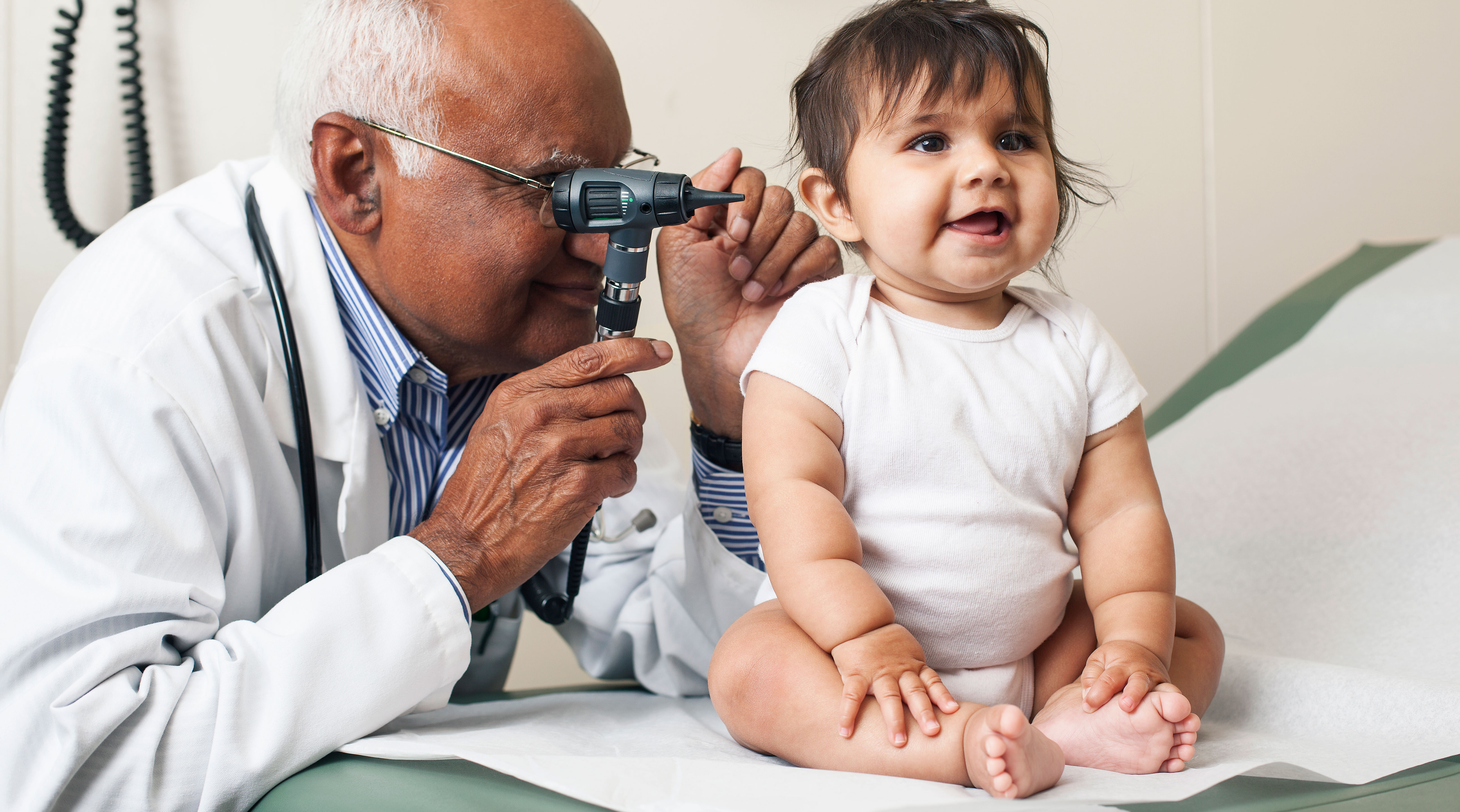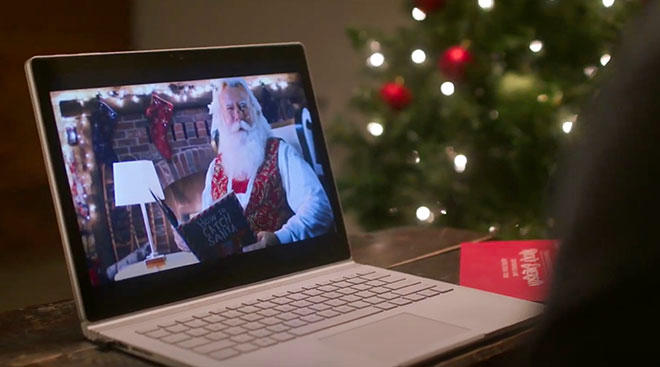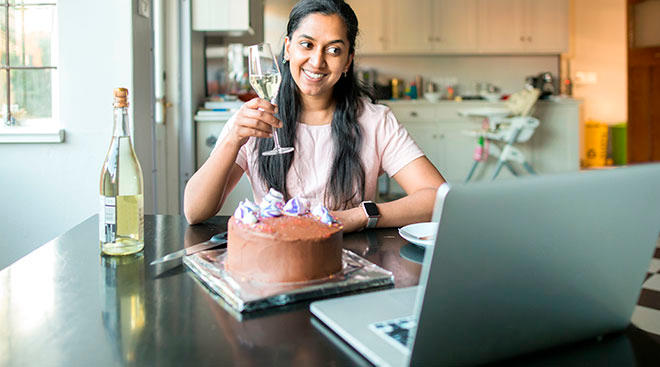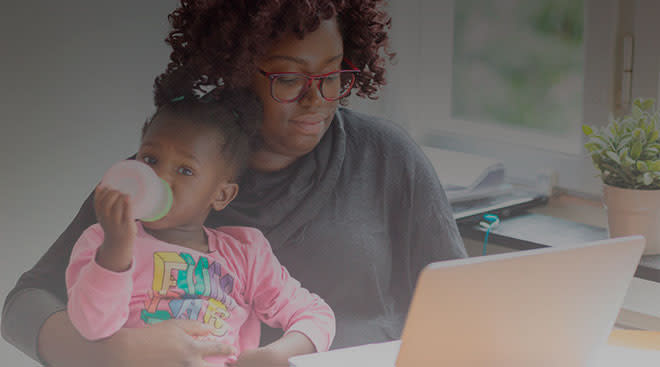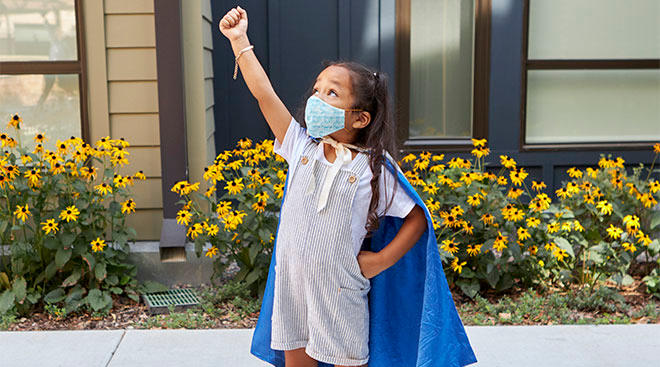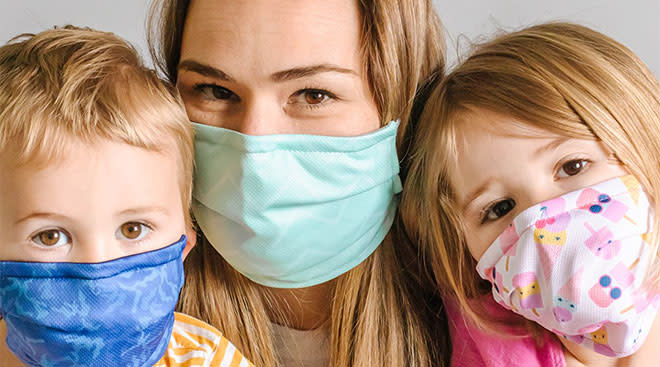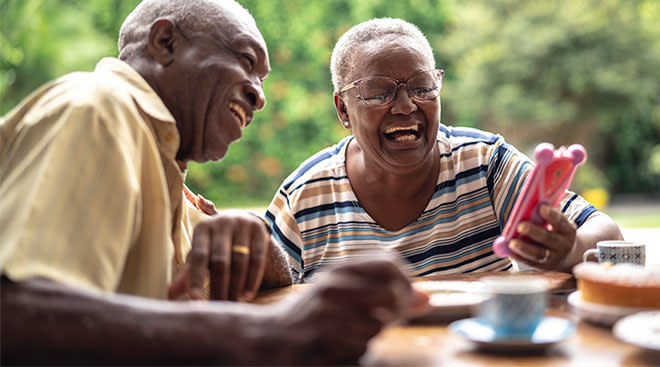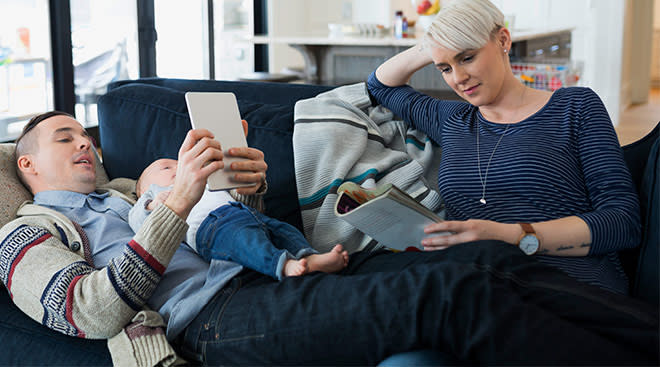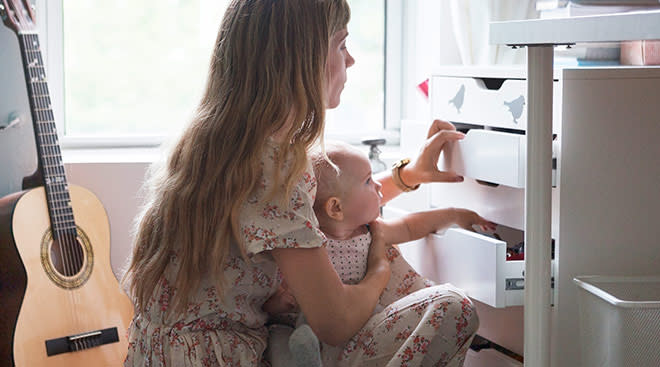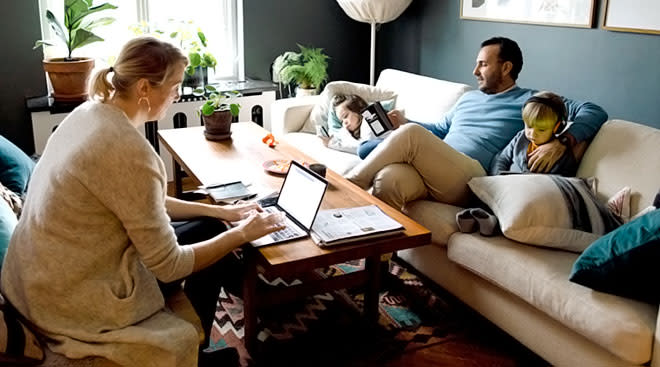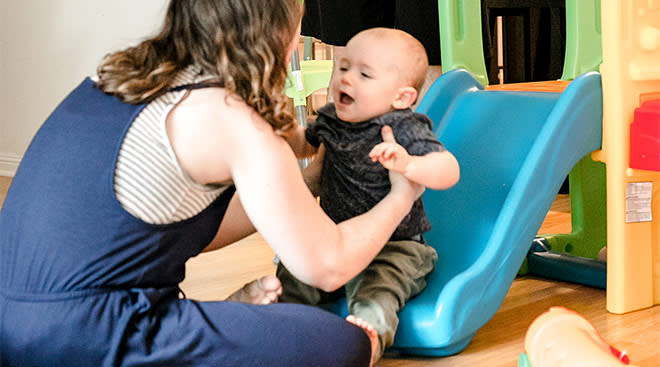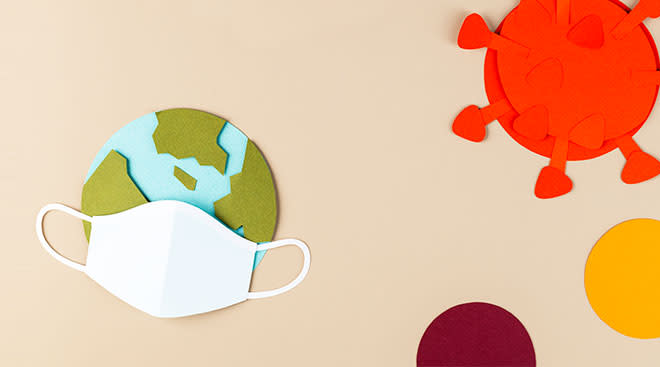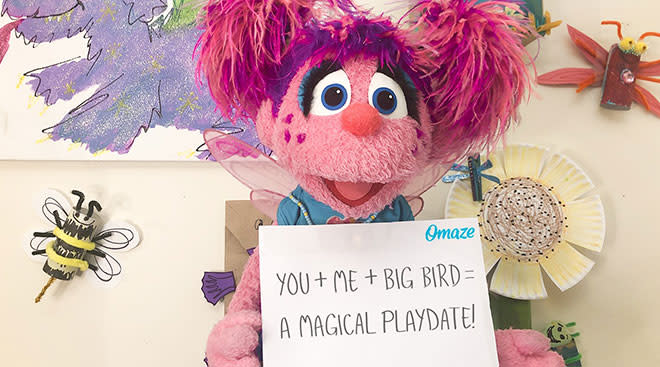Is It Safe to Bring Your Kids to the Pediatrician During COVID-19?
The nation is now slowly coming out of quarantine and more states are opening up, and hospitals and doctors’ offices are beginning to schedule routine appointments and procedures. But many parents are worried about leaving their home and potentially exposing their child to the coronavirus. Here are the top questions that we as pediatricians are receiving about continuing kids’ healthcare during COVID-19—and our best answers.
Yes, you should! It’s important to talk to your pediatrician to determine when your child needs to be seen and to not delay those visits, especially for young babies who typically have more frequent well child checks.
At those crucial early visits, your doctor will check to make sure baby is growing and gaining weight well, receiving adequate nutrition, meeting their milestones appropriately and receiving their vaccines on schedule. Your pediatrician will perform a full physical exam to make sure your child is healthy, will answer any of your concerns and, at certain ages, will check labs for anemia and lead levels and preform vision and hearing tests. Delays in these important visits can cause delays in early detections of health concerns in your child.
If your child develops a fever, is sick or has been exposed to someone with COVID-19, however, it’s best to tell your pediatrician and discuss the need to reschedule your child’s well visit.
Pediatricians’ offices are doing everything they can to keep your baby and you safe. Many offices have installed barriers to keep the reception staff six feet away from patients; have marked lines on the floor to keep people six feet away from each other; require all staff, doctors, parents and children over the age of 2 years to wear masks; disinfect rooms thoroughly after each patient; change paper on exam tables and scales; wear gloves and ensure staff members are healthy before reporting to work.
Offices and hospitals have also taken steps to limit the number of people in the waiting room. They are scheduling fewer patients, calling in patients from their cars so they can bypass the waiting rooms and are limiting each visit to one parent and one child while allowing other partners to call in via phone or video chat for the visit. Offices may have separate hours during the day for well and sick kids or are only seeing well kids in the office and sick children via telemedicine.
If you think your child is sick or may have come in contact with someone with COVID-19, call your pediatrician’s office first. Often your pediatrician can ask detailed questions over the phone to determine if a simple phone call is all that’s needed, if your child may require a virtual or telemedicine visit, an in-person visit to the pediatrician’s office or if your child needs to go directly to the emergency department for further evaluation.
Pediatricians will not send a child to the ER unless they think it’s absolutely necessary. Some examples of reasons to go to the ER are if your child is having difficulty breathing (breathing very quickly, audibly wheezing, sucking in the muscles on their chest, grunting or flaring out their nostrils since they’re struggling to breathe), a child who is non-responsive and truly lethargic, a child who has had a bad accident and may have broken bones or a concussion, an infant with a fever (100.4 rectally), a child with a prolonged fever of over 101 degrees for more than two to three days who is irritable despite fever reducers, a child who is becoming dehydrated, or a child with a new onset seizure. If you’re worried about your child, always call your pediatrician, who can help come up with a plan to help your little one.
Telemedicine visits (aka virtual visits where you can see or talk to your physician over your computer or phone video) have been offered by most doctors’ offices during the pandemic and will continue to be offered once states reopen. These visits are helpful for when you want to be able to show your pediatrician something or want to discuss an issue, but don’t feel it warrants an in-person visit.
Examples of telemedicine visits could include rashes or skin conditions, the start of a fever in an older child who otherwise looks well, mental health care, possible pink eye, after an injury to determine if cuts are deep enough to require further care or advice on behavioral issues such as potty training, temper tantrums or difficulty sleeping. If you’re unsure if you need a telemedicine visit, be sure to call your pediatrician’s office, and the staff will help advise you on the best type of visit for your concerns.
The CDC currently recommends that all children over 2 years of age wear a face mask. We understand that some children may have difficulty putting or keeping the mask on over their mouth and nose. It’s a good idea to get your child used to wearing a mask not just for the visit but also for when they’re back in daycare or school. Practice wearing masks when your child is at home, playing in the backyard or when you go on family walks. You may need to tighten the band on the mask or make or buy one that better fits your child.
Even with the above tips, some kids may still not be able to wear a mask. Speak to your child’s pediatrician and together you can determine whether an in-person appointment is needed. You should not skip the appointment or avoid making one just because your child can’t wear a mask.
Dina DiMaggio, MD, is a pediatrician at Pediatric Associates of NYC and at NYU Langone Medical Center. She has received numerous research awards, along with Patient’s Choice award, compassionate doctor recognition and was featured in the New York Times Magazine as a Super Doctors and New York Rising Star. She and Anthony Porto are coauthors of the book The Pediatrician’s Guide to Feeding Babies and Toddlers.
Anthony Porto, MD, MPH, FAAP, is a pediatrician and pediatric gastroenterologist at Yale New Haven Children’s Hospital and the medical director of the Yale Pediatric Celiac Program. He’s also an associate professor of pediatrics and associate clinical chief of pediatric gastroenterology at Yale School of Medicine. He has won numerous awards including the Norman J. Siegel Award at Yale University for leadership and providing outstanding clinical care as well as Physician of the Year during his time at Morgan Stanley Children’s Hospital. He has been named Castle Connolly Top Doctors since 2012.*
Please note: The Bump and the materials and information it contains are not intended to, and do not constitute, medical or other health advice or diagnosis and should not be used as such. You should always consult with a qualified physician or health professional about your specific circumstances.
Plus, more from The Bump: Parents’ Top COVID-19 Questions, Answered
Navigate forward to interact with the calendar and select a date. Press the question mark key to get the keyboard shortcuts for changing dates.
































